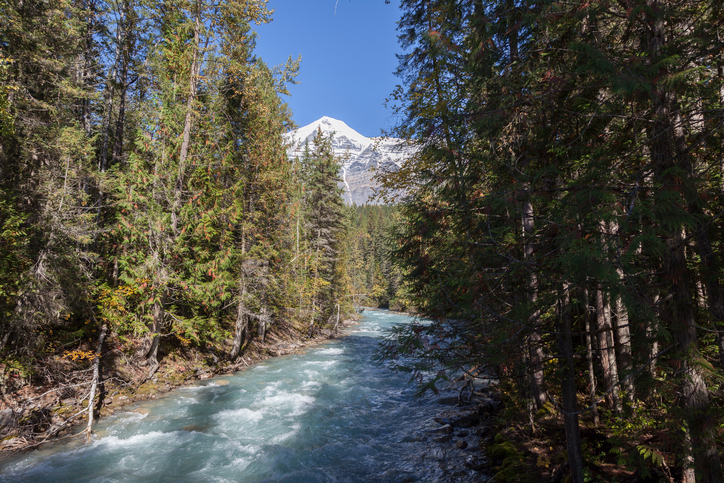The latest survey of snowpack in British Columbia shows that there has been below-average accumulation in the province’s watersheds, reports the River Forecast Centre (RFC).
Snowpack was 79 per cent of what is expected for February 1st, according to the latest Snow Survey and Water Supply Bulletin from the RFC. January saw “below-normal precipitation across most of the province and well below-normal precipitation in southern and north-east B.C.”, the report noted.
Recent research in the journal Nature, Elevation alters ecosystem properties across temperate treelines globally, found that climate in mountainous regions is changing rapidly. An example cited by Ellen Cieraad, one of the authors, in a blog post is that climate change is progressing at twice the rate in the European Alps as the average in the Northern Hemisphere.
Nathan Sanders, a University of Vermont ecologist and another contributor, said to the University of Vermont, “We found in all these places that temperature change drives many other kinds of change, potentially disturbing biodiversity, and that could have a profound effect on the ecosystem services mountains provide to people—like clean water.” Specifically, the study found that temperature change could impact soil constitution, affecting nitrogen and phosphorus content.
Below-average snowpack combined with fluctuating concentrations of nitrogen and phosphorus in the soil could impact nutrient levels in meltwater.
Snowpack in B.C. has shown downward trend since 2012. Between 2013 and 2016, the Snow Survey and Water Supply Bulletin noted below seasonal average snowpack accumulation. 2012 was the most recent year with above-average snowpack. Since then, averages have moved down from 117 per cent in 2012 to 79 per cent, rebounding slightly in 2016 (87 per cent) from 2015 (82 per cent), 2014 and 2013 were valued at approximately 87 and 95 per cent, respectively.
By February, two-thirds of the total annual snowpack has accumulated. Seasonal runoff from snowpack is expected to be near normal for most basins in the province, with below-normal runoff forecast for Kalamalka-Wood basin. The RCF does not expect significant changes to predicted runoff barring “extremely wet” conditions, which would affect flood risk.
The Snow Survey and Water Supply Bulletin is available online. Elevation alters ecosystem properties across temperate treelines globally, can be found on Nature.













